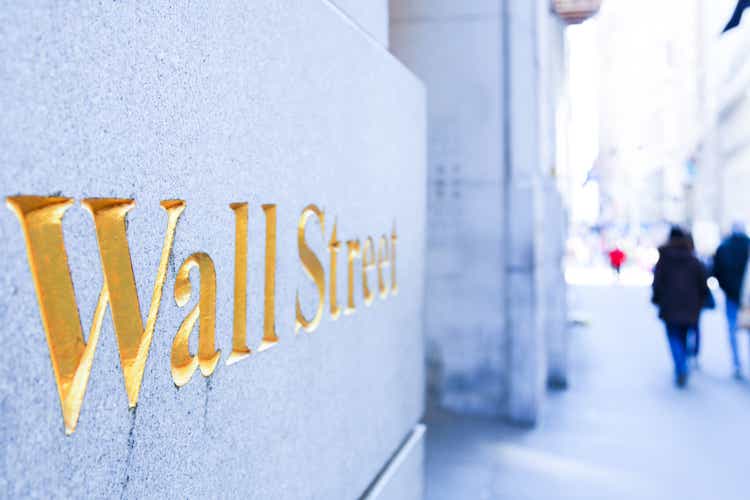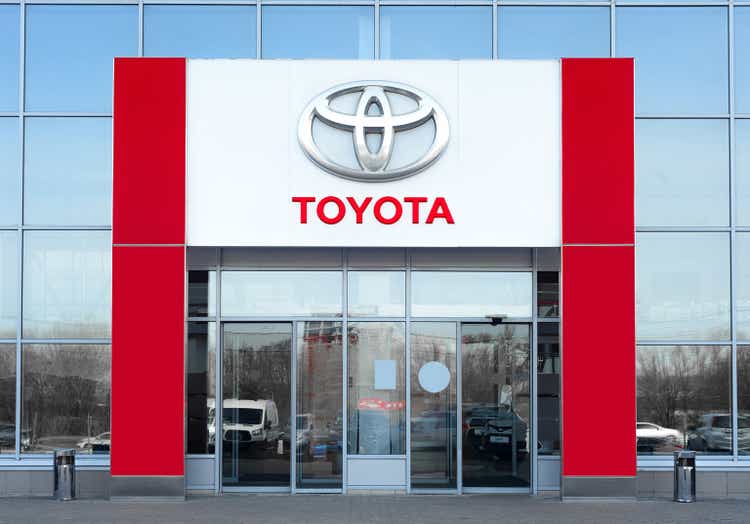US President Donald Trump on Wednesday declared that his administration will impose a 100 per cent tariff on imported semiconductors and computer chips. The announcement, made during a meeting with Apple CEO Tim Cook at the Oval Office, could significantly impact the prices of electronics, automobiles, home appliances, and other chip-dependent products.
“We’ll be putting a tariff of approximately 100 per cent on chips and semiconductors,” Trump said. “But if you’re building in the United States of America, there’s no charge.”
This new move comes three months after Trump had temporarily exempted most electronics from high tariffs. The exemption now applies only to companies manufacturing semiconductors within the US, signaling a strong incentive for tech giants to localise their supply chains.
During the COVID-19 pandemic, a global chip shortage had driven up the prices of vehicles and electronics, adding to inflationary pressures. Trump’s latest tariff decision appears designed to prevent such future vulnerabilities by encouraging domestic production.
Tech investors responded positively to the announcement. Apple’s shares surged 5 per cent during regular trading hours and climbed an additional 3 per cent in after-hours trading following Trump's remarks, made while standing beside Cook. The market perceived the exemption as a cushion for Apple, which assembles a significant share of its products in China and India, but has also ramped up US investments.
Apple has committed an additional $100 billion to its US operations, raising its total domestic investment pledge to $600 billion. Overall, the tech industry has collectively pledged around $1.5 trillion in investments since Trump began his second term in January.
Shares of other major chip companies also saw a boost. Nvidia, the AI chip leader, saw a slight rise in after-hours trading, continuing its impressive $1 trillion market value gain since the start of Trump’s second administration. Intel, which has been facing financial challenges, also registered a modest post-market climb.
Neither Nvidia nor Intel provided immediate comments. The Semiconductor Industry Association, the leading trade group for the chip sector, also declined to respond.
According to the World Semiconductor Trade Statistics group, global chip sales rose 19.6 per cent year-over-year through June, reflecting surging global demand.
Trump’s tariff-centric approach marks a sharp departure from the strategy of his predecessor, President Joe Biden. Under Biden, the bipartisan CHIPS and Science Act of 2022 had focused on incentives, allocating over $50 billion for chip manufacturing, R&D, and workforce training. Trump's plan instead relies on punitive tariffs to drive companies toward domestic production—even at the risk of higher consumer prices.
By ramping up tariffs, Trump appears to be wagering that corporations will choose to build on US soil rather than pay hefty import duties, an approach he believes will make American manufacturing more resilient and competitive in the long term.

 2 hours ago
1
2 hours ago
1












 English (US) ·
English (US) ·